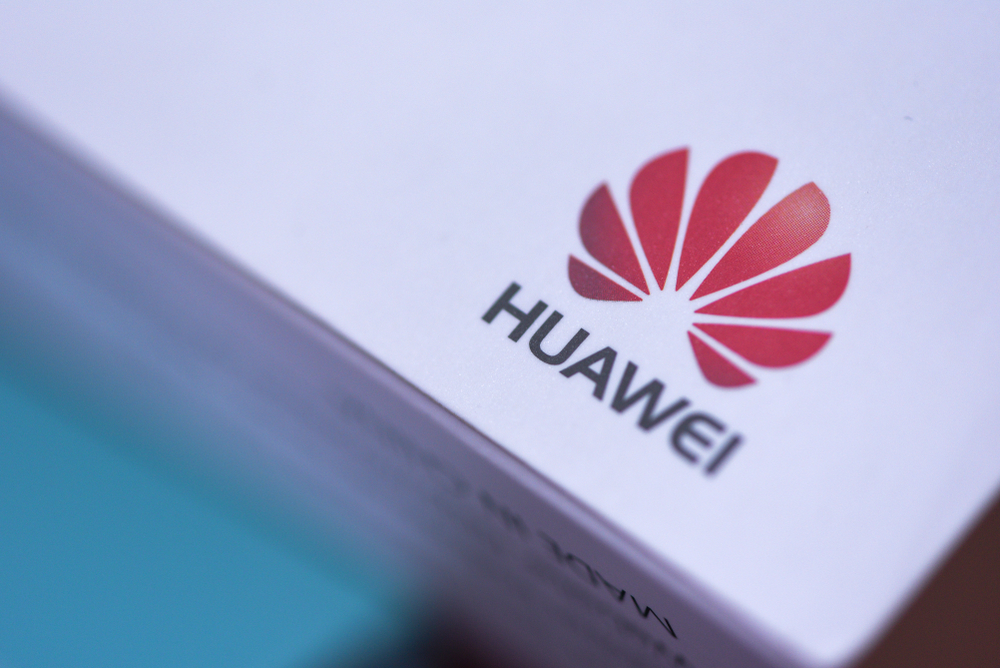The new US sanctions against Huawei Technologies that take effect on Tuesday threaten to cripple production at a company that suppliers in Japan, Taiwan, and South Korea depend upon for parts sales worth tens of billions of dollars annually.
The Commerce Department action announced last month essentially bars companies from providing Huawei with any semiconductors made using US-produced equipment or design software. Chip designers frequently use electronic design automation tools created in the US, and chipmaking gear that incorporates American technology is common in advanced semiconductor fabrication facilities.
The ban is intended to block Huawei from sourcing critical parts for its smartphones and base stations via outside suppliers, but the impact is certain to spread far beyond the Chinese company. Huawei ranked No. 1 in global smartphone shipments for the first time last quarter, edging Samsung Electronics, and it is also the leading seller of mobile base stations with a market share topping 30%.
Akira Minamikawa, a director at UK research firm Omdia, estimates that Japanese, Taiwanese, and South Korean companies together supply JPY 2.8 trillion (USD 26.4 billion) worth of parts to Huawei yearly. That business would be left in limbo if Huawei’s production is disrupted.
Japanese companies, which supply nearly 30% of Huawei’s components, would suffer the largest blow. Sony alone reportedly sells billions of dollars worth of smartphone image sensors to the Chinese company each year. The image sensors are especially profitable for Sony.
Taiwan Semiconductor Manufacturing Co., the world’s largest contract chipmaker, is believed to earn well over USD 5 billion in annual sales from Huawei. MediaTek, a Taiwanese semiconductor designer, does nearly USD 500 million worth of business with the company each year.
Huawei is a major buyer of memory from Samsung Electronics as well.
The impact also may ripple out to suppliers of other components such as batteries and circuit boards.
Huawei has scrambled to procure Chinese-made chips as an alternative. It is outsourcing more production to Semiconductor Manufacturing International Corp., a major chipmaker supported by China’s government.
But Washington is moving to sever this route. The Defense Department is considering adding SMIC to a trade blacklist, according to US media. SMIC, like other chipmakers, relies on American technology.
The Commerce Department has indicated it will allow exemptions to the Huawei ban. Sony is considering applying for a license to sell to the Chinese company, and South Korea’s SK Hynix is weighing this option as well. MediaTek told Nikkei that it has submitted an application.
But getting permission “will probably be difficult, barring special circumstances,” said Kana Itabashi, a Japanese expert on international trade law.
Some parts suppliers have begun seeking alternative buyers, bracing for the worst-case scenario of a complete cutoff from Huawei.
Japan Display, a manufacturer of liquid crystal display panels, is looking to sell to other major Chinese smartphone makers including Oppo, Xiaomi, and Vivo. These rivals see Huawei’s troubles as an opportunity to win over its suppliers.
